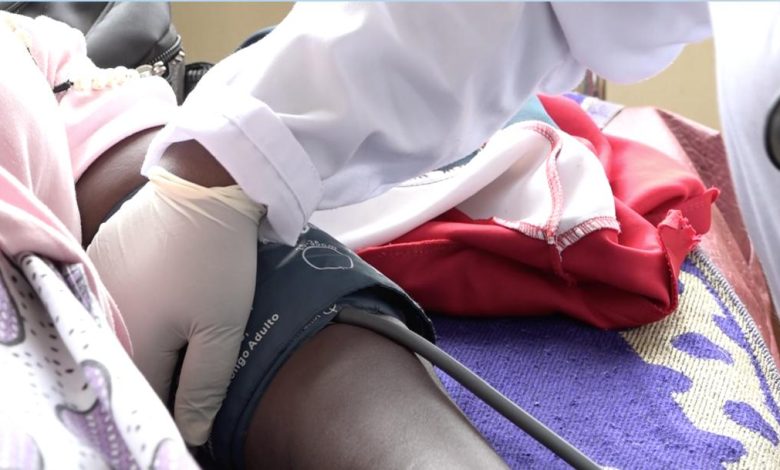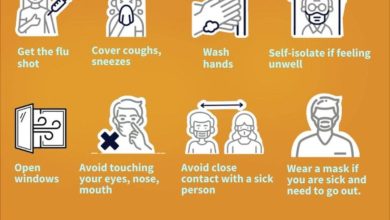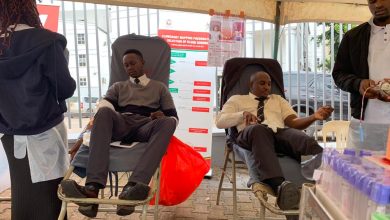Hypertension Cases Surge in Uganda, Straining Healthcare Resources

Health
The rising incidence of hypertension is exerting considerable pressure on Uganda’s healthcare system, particularly at Kiruddu National Referral Hospital, where the hypertension clinic operates every Monday and serves between 200 to 300 patients weekly.
The rising prevalence of non-communicable diseases (NCDs) is placing significant strain on Uganda’s healthcare system, with Kiruddu National Referral Hospital reporting that a huge chunk of its total medicine budget is allocated to treating these conditions and their complications.
According to the hospital’s executive director, this trend spotlight the urgent need for more public awareness and preventive measures about the disease.
As the country grapples with an increasing burden of NCDs, health officials are calling on citizens to adopt healthier lifestyles and take steps to mitigate their risk.
The rising incidence of hypertension is exerting considerable pressure on Uganda’s healthcare system, particularly at Kiruddu National Referral Hospital, where the hypertension clinic operates every Monday and serves between 200 to 300 patients weekly.
Dr Jane Okutiru, a physician at the hospital, said they receive about 5,000 patients quarterly for hypertension-related cases, highlighting the growing epidemic of this non-communicable disease across the country.
According to Dr Okutiru and other physicians at Kiruddu, the latest figures from the current financial year indicate a worsening situation, with hypertension becoming increasingly prevalent among all age groups.
“Hypertension does not discriminate by age; our clinic sees young adults, middle-aged individuals, and the elderly alike,” Dr. Okutiru noted.
Dr. Charles Kabugo, the executive director of Kiruddu National Referral Hospital, emphasized that a significant portion of the hospital’s budget is allocated to treating hypertension and its complications.
“Managing these conditions is not only costly but also time-consuming,” he explained, pointing out that hypertension can lead to severe health complications such as strokes, heart failure, and kidney failure.
Despite being one of the easiest diseases to diagnose, hypertension presents numerous challenges in management due to its associated complications.
As healthcare professionals at Kiruddu continue to address this growing health crisis, they urge the public to take preventive measures seriously.
By promoting awareness and encouraging healthier lifestyle choices, they hope to mitigate the impact of hypertension on individuals and the healthcare system as a whole.




